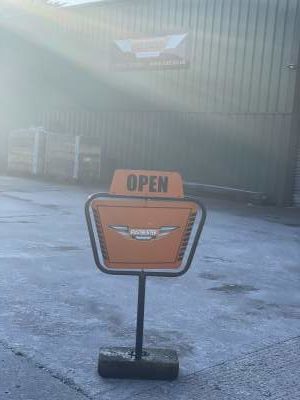Rustbuster is based in Spalding, Lincolnshire and area of the country called The Fens also known as the Fenlands, is a coastal plain in eastern England and the East Midlands. The flat nature the roads and due to the fact any rain water sits on the roads create a lot of icy roads, hence the need to cover the county in lots of salt. Now whilst we here at Rustbuster appreciate all the council’s effort to keep us moving during these colder months it’s worth remembering the effects that this road salt has on our vehicles.
Here are the Key Stats for Lincolnshire,
- 1869 miles of priority roads are gritted when temperatures fall below 1 degree Celsius.
- 26,000 tonnes of salt are stored for the winterwith fresh supplies bought in when needed.
- 200 tonnes of salt are used on an average gritting run.
- £4 million – the budget of winter maintenance.
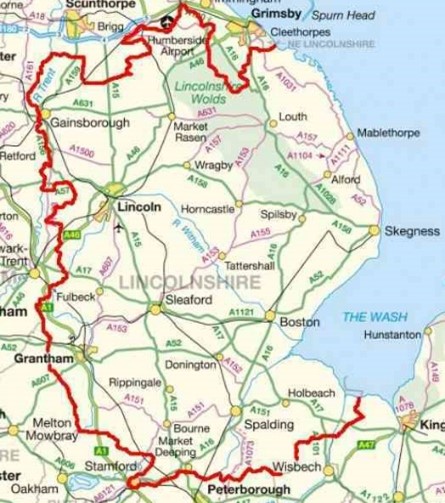
With salt being one of the biggest corrosion rate accelerators the automotive industry faces why is it used in the first place?
Salt was first used to de-ice roads in New Hampshire (USA) in 1938, they used granular Sodium Chloride, the Americans realised
that salt would lower the freezing point of water and keep the roads from icing up.
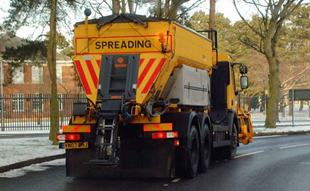
Nowadays modern testing methods have reduced the use of Sodium Chloride for the more favourable Magnesium Chloride, this de-icing salt continues to melt snow and ice until the temperature reaches -25 degree Celsius. Magnesium is also a lot less damaging to the roads surface then Sodium thus keeping maintenance costs lower.
So why are gritted roads so harmful for our vehicles?
Once the snow and ice melts through a de-icing salt this salty water is left on the surface of the road, water is an enabler of fast oxidation in Iron and salt water is a fast conductor and causes several electrolysis reactions that are greatly accelerated by the presence of salt. Therefore, if you drive your vehicle on de-iced roads you will greatly increase the chances of it rusting.
So how can I remove this road salt from my vehicle?
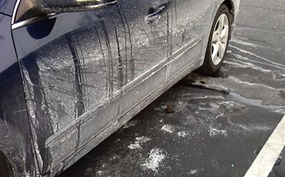
With this amount of road salt on the cars body, how much more will be present on the underbody?
Cold water will remove some salt and warm water will remove more salt than cold however this will not remove all the salt, why?
Salt crystals have a high surface tension and therefore require something to change this chemical state, what is surface tension? Surface tension is the elastic tendency of a fluid surface which makes it acquire the least surface area possible. Adding water alone to remove salt increases its surface tension.
So, if water alone won’t work in removing these salt crystals how do we remove it?
Rustbuster have manufactured a surface surfactant called Chlor–X Salt Remover, a surfactant reduces the surface tension of a liquid in which is dissolved. Chlor-X reduces the surface tension of water and allows the crystals to be washed away by removing its ability to stick to a surface.
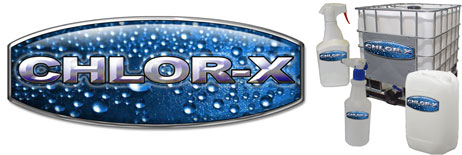
Rustbuster Chlor-X is available in many different pack sizes and strengths and can be viewed online at www.rust.co.uk.
With the UK planning on gritting some 2 million tonne of salt this winter it would be best to be prepared, salting roads is here to stay so make sure your vehicle does the same and don’t let the salted roads rot your precious metal.

